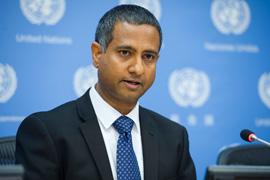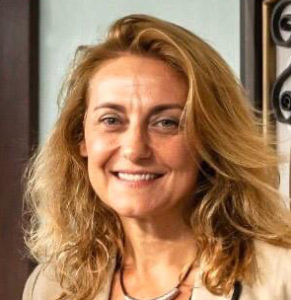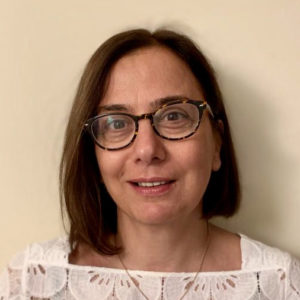Religious Freedom and Gender Equality: Reflections on the Recent UN Special Rapporteur’s Report
On February 27, 2020, the UN Special Rapporteur on Freedom of Religion or Belief released a new report dedicated to the interplay between religious freedom and gender equality. In this report the Rapporteur addressed gender-based violence and discrimination in the name of religion or belief.

© UN Photo/Amanda Voisard
Talk About: Law and Religion asked scholars and lawyers representing academic and human rights institutions from the United States, Spain, Turkey, and Germany to reflect on this report by analyzing its achievements and its most controversial points. While each contributor welcomes and appreciates efforts from the UN Special Rapporteur to combat harmful practices (e.g., FGM, gender violence, forced marriages, or depriving women and girls from education etc.), most also criticize some of the approaches reflected in the report, such as the report’s conception of the nature of religious freedom and religious autonomy. They also call for more nuanced discussions, both theoretical and policy-oriented, as a precondition for advancing both the freedom of religion or belief and non-discrimination as mutually reinforcing rights rather than mutually exclusive rights.
Participants in this Conversation: (more…)


